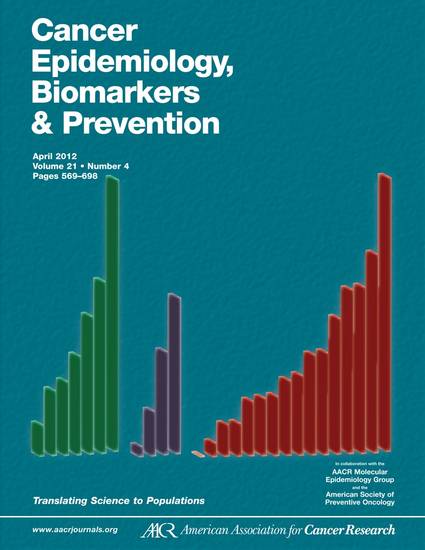
Background: Colorectal cancer screening (CRCS) reduces morbidity and mortality; however, the positive benefits might be partially offset by long-term distress following positive screening results. We examined relationships among colorectal cancer-specific worry and situational anxiety after positive fecal occult blood tests [FOBT (+)] compared with receipt of negative results. Methods: Of note, 2,260 eligible members of Group Health, an integrated healthcare delivery system, completed baseline surveys and received FOBT screening kits, with 1,467 members returning the kits. We matched FOBT (+) patients (n = 55) 1:2 on age and sex with FOBT (−) respondents (n = 110). Both groups completed follow-up surveys at 7 to 14 days and 4 months after screening. We assessed situational anxiety (State-Trait Anxiety Inventory, STAI), colorectal cancer worry frequency, and mood disturbance. Results: Mean age was 59 years, and majority were women (62%) and White (89%). After adjusting for age, sex, and baseline worry, at 7 to 14 days after screening, the FOBT (+) group was 3.82 [95% confidence interval (CI), 1.09-13.43] times more likely to report colorectal cancer-related mood disturbances and significantly higher mean STAI scores than the FOBT (−) group (mean = 38.8 vs. 30.9; P = 0.007). At 4-month posttest, mood disturbances and situational anxiety seemed to drop to baseline levels for FOBT (+). No colon cancer worry frequency was observed. Conclusions: FOBT (+) results are associated with short-term situational anxiety and colorectal cancer-specific mood disturbances. Impact: Distress from FOBT (+) results declined to near-baseline levels by 4 months. Additional studies are needed to clarify the relationship between long-term distress and follow-up colonoscopy.
Available at: http://works.bepress.com/sharon-laing/9/
